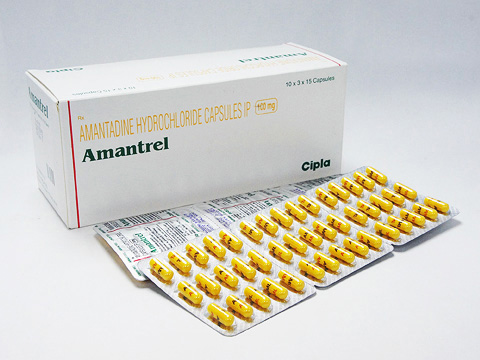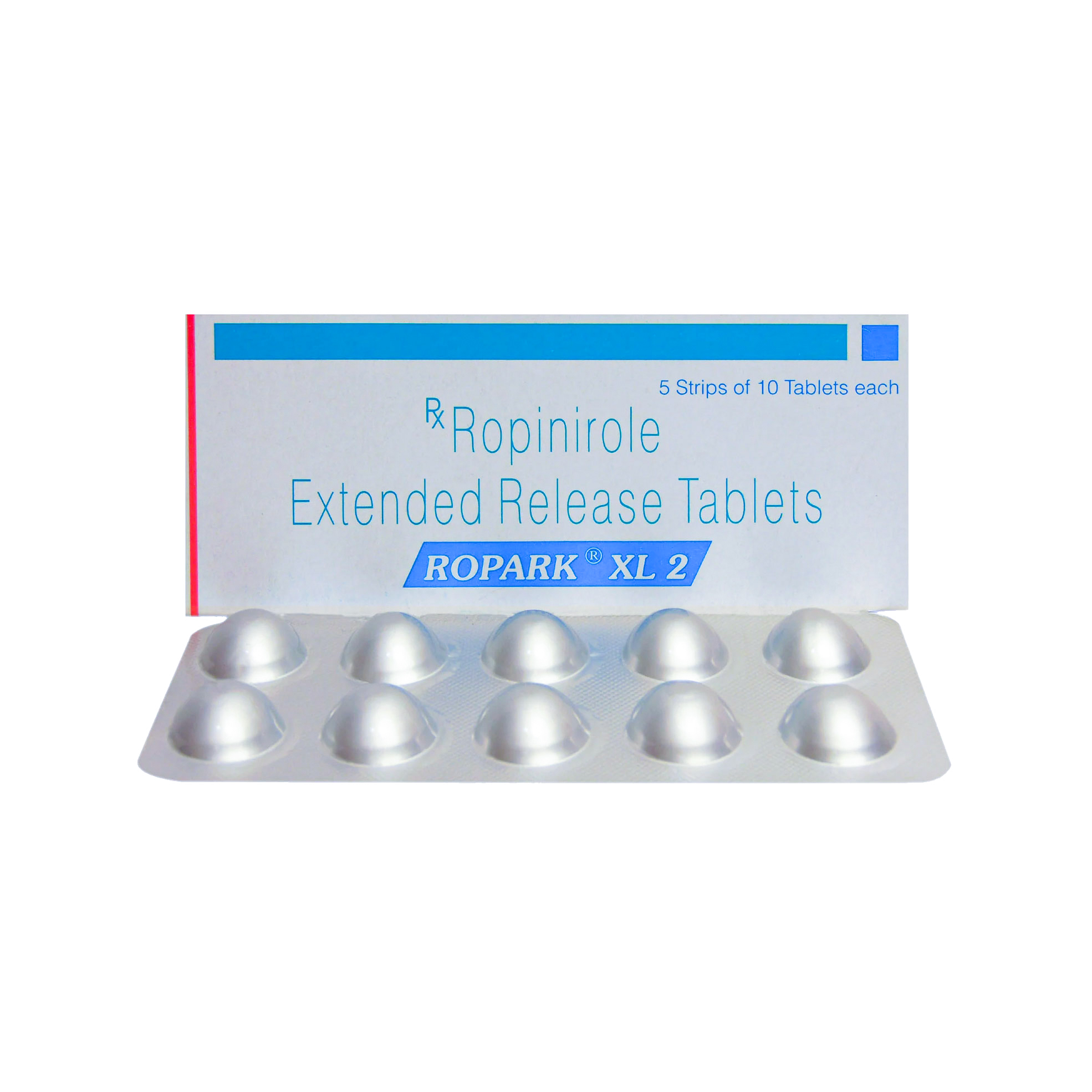Amantadine Information
Pronunciation
(a MAN ta deen)
What is this drug used for?
• It is used to treat or prevent the flu.
• It is used to treat Parkinson’s disease and side effects caused by some other drugs.
• It may be given for other reasons. Talk with the doctor.
Frequently reported side effects of this drug
• Dry mouth
• Constipation
• Lack of appetite
• Abnormal dreams
• Dry nose
• Diarrhea
• Loss of strength and energy
• Tablet shell in stool
• Nausea
• Headache
• Anxiety
• Trouble sleeping
Other side effects of this drug: Talk with your doctor right away if you have any of these signs of:
• Confusion
• Severe dizziness
• Passing out
• Sensing things that seem real but are not
• Seizures
• Shortness of breath
• Excessive weight gain
• Swelling of arms or legs
• Difficult urination
• Blurred vision
• Uncontrollable urges
• Change in balance
• Falls
• Depression like thoughts of suicide, anxiety, emotional instability, agitation, irritability, panic attacks, mood changes, behavioral changes, or confusion
• Skin growths
• Mole changes
• Urinary tract infection like blood in the urine, burning or painful urination, passing a lot of urine, fever, lower abdominal pain, or pelvic pain.
• Narcolepsy
• Severe fatigue
• Neuroleptic malignant syndrome like fever, muscle cramps or stiffness, dizziness, severe headache, confusion, change in thinking, fast heartbeat, abnormal heartbeat, or sweating a lot.
• Signs of a significant reaction like wheezing; chest tightness; fever; itching; bad cough; blue skin color; seizures; or swelling of face, lips, tongue, or throat.
Medication Safety Issues
Sound-alike/look-alike issues:
Amantadine may be confused with amiodarone, raNITIdine, riMANTAdine
Symmetrel may be confused with Synthroid
Storage and Stability
Store at 20°C to 25°C (68°F to 77°F); excursions permitted to 15°C to 30°C (59°F to 86°F). Protect immediate-release capsules from moisture and exposure to light.
Adverse Reactions
Cardiovascular: Livedo reticularis (may be more common in women), orthostatic hypotension (may be more common in men), peripheral edema, presyncope, syncope
Central nervous system: Abnormal dreams (may be more common in women), agitation, anxiety, apathy, ataxia (may be more common in men and adults ≥65 years old), confusion, delusions, depression, dizziness, drowsiness, dyschromia, dystonia, falling, fatigue, hallucination, headache, illusion, insomnia, irritability, nervousness, paranoia, suicidal ideation
Gastrointestinal: Anorexia, constipation, decreased appetite, diarrhea, nausea (may be more common in women), vomiting, xerostomia (may be more common in women)
Genitourinary: Benign prostatic hypertrophy, urinary tract infection
Hematologic & oncologic: Bruise
Neuromuscular & skeletal: Joint swelling, muscle spasm
Ophthalmic: Blurred vision, cataract (may be more common in women), xerophthalmia
Respiratory: Cough, dry nose
–




Reviews
There are no reviews yet.